- Home
- What to know about ibogaine treatment for addiction
What to know about ibogaine treatment for addiction
What to know about ibogaine treatment for addiction
What to know about ibogaine treatment for addiction
Here we will discuss topics such as: What is ibogaine? How does Ibogaine work for addiction? What are the risks involved with ibogaine treatment? What other psychedelics have proven to be useful for addiction and substance misuse and a round up summary on how ibogaine treatment may be what you are looking for.
Some anecdotal and early research evidence suggests that ibogaine, an alkaloid derived from the Tabernanthe Iboga shrub in Western Central Africa, may help reduce symptoms of drug and stimulant withdrawal, help clients stay off alcohol (after a medical detox), ease cravings (and help with PAWS – Posta Acute Withdrawal Syndrome), and also helps to lower the risk of recurrent use.
Although world renowned experts acknowledge that ibogaine and its treatment could be an excellent alternative modality or tool for drug abuse and misuse, the Drug Enforcement Agency (DEA) recognizes it as a Schedule I substance. This classification means that it is scheduled, meaning it is illegal and currently has no approved medical use in the United States. The DEA believes ibogaine can be abused. This is a travesty, however, we at Tabula Rasa Retreat agree that more clinical trials are required to prove ibogaine’s efficacy and safety. And… this is why we do not cut corners with our vetting and safety protocols.
This great little article explains more about ibogaine, including what the research says so far about using it to treat addiction and the potential risks. It also goes on to list some other psychedelic compounds that may be useful in addiction treatment. Often ibogaine is wrongly classified as a psychedelic. This is not the case, ibogaine is a oneirogenic substance.
CALL US AND FIND OUT IF OUR IBOGAINE CENTER IS RIGHT FOR YOU
Worldwide incl. USA T +351965751649 (call us direct, on WhatsApp, Telegram)
United Kingdom UK T+447961355530 (call us direct, on WhatsApp, Telegram)
or go to our Contact Us page
or APPLY NOW

What is ibogaine?
Ibogaine is a compound known as an alkaloid. It is the most abundant. most studies and beneficial alkaloid that Tabernanthe iboga, a mid-sized shrub native to western Central Africa, produces. In total there are about 12 alkaloids in the iboga shrub.
The Bwiti religion uses different parts of Tabernanthe iboga for healing and religious purposes. For example, as well as having hallucinogenic / remogenic effects, the roots and root bark of the shrub can also be effective in:
- restoring good physical and spiritual health
- increasing sexual arousal or behavior (an aphrodisiac)
- increasing energy levels
- reducing fever
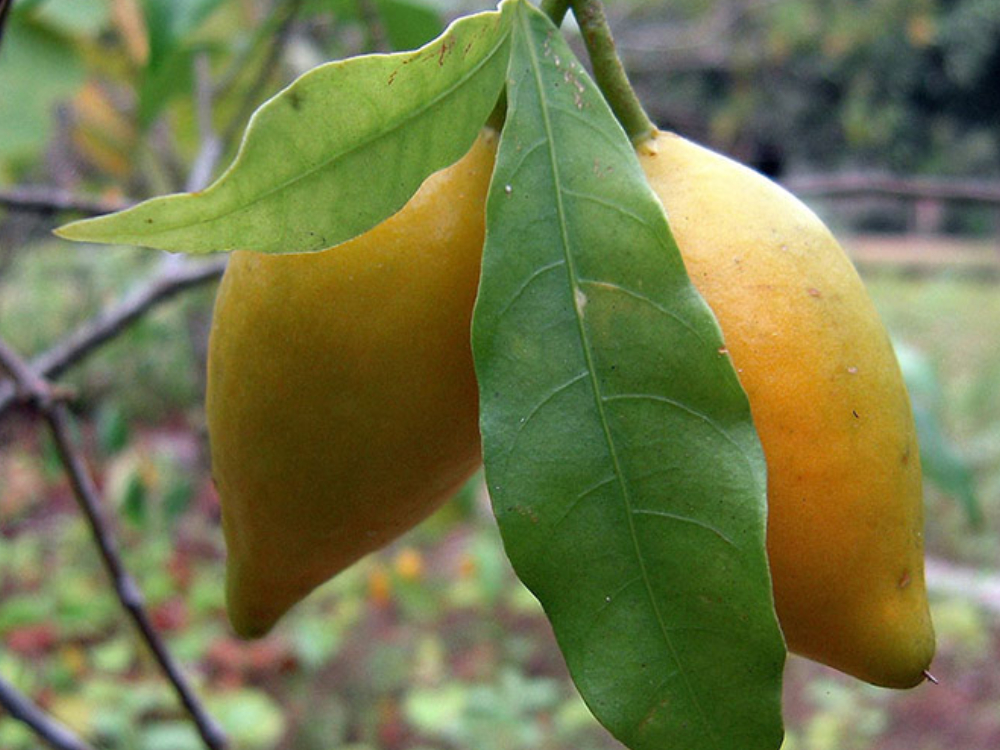
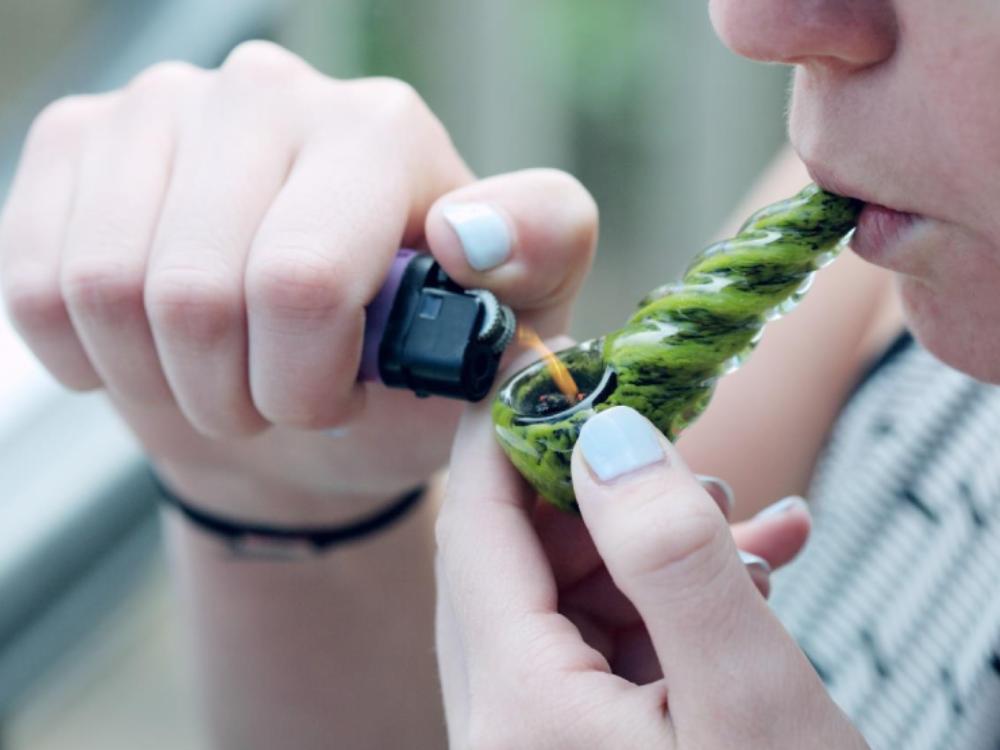
The leaves of the Tabernanthe Iboga shrub can also act as an aphrodisiac. In addition, their anesthetic properties mean that they can also numb pain. This is a very versatile shrub that has been gifted to us by mother nature and it is vital that we protect her!
Research suggests that in small doses, ibogaine can usually promote the feeling of being mildly stimulating. However, larger quantities, often referred to as flood doses, can cause hallucinations and induce a profound psychedelic state (more accurately known as a remogenic state). This state has been known to significantly reduce symptoms of opioid withdrawal and block substance cravings. The research is correct, and we have seen this time and time again with our own eyes.
In the 1980s, ibogaine became better known and started to become popular in Europe and the U.S. as a non-addictive treatment option for drug dependency. Since then, some research indicates that ibogaine may also be useful for the treatment of neuro-psychiatric conditions, alcohol use disorder, and depression.Ibogaine is often incorrectly referred to as a cure-all. A cure it is not, however, affordable ibogaine treatment shows great promise in the addiction and mental health field.
CALL US AND FIND OUT IF OUR IBOGAINE TREATMENT CENTER IS RIGHT FOR YOU
Worldwide incl. USA T +351965751649 (call us direct, on WhatsApp, Telegram)
United Kingdom UK T+447961355530 (call us direct, on WhatsApp, Telegram)
or go to our Contact Us page
or APPLY NOW
Using ibogaine to treat addiction
Despite the classification of ibogaine as a Schedule I drug in the USA and other parts of the world, researchers renewed their investigations of ibogaine as a treatment for addiction in the late 1990s.Interestingly, Tabula Rasa Retreat also collect data and we know, that when we release this data in the next year or so, the undeniable benefits of ibogaine treatment will be shown and shared.
Of note, according to a 2020 article in Nature, scientists at the forefront of ibogaine research, have not yet tested ibogaine in placebo-controlled, double-blind clinical trials. Instead, they have only looked at ibogaine’s potential benefits in what they call ‘open-label studies. What does this mean? It means that all the participants were duly informed and fully aware that they were involved in an ibogaine treatment.
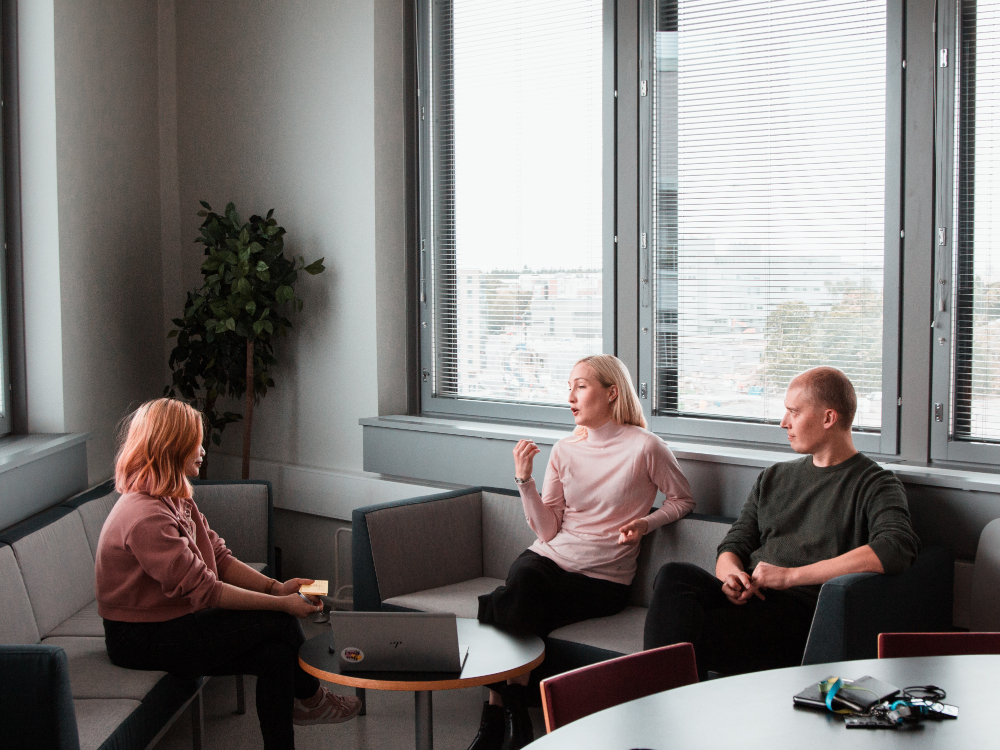
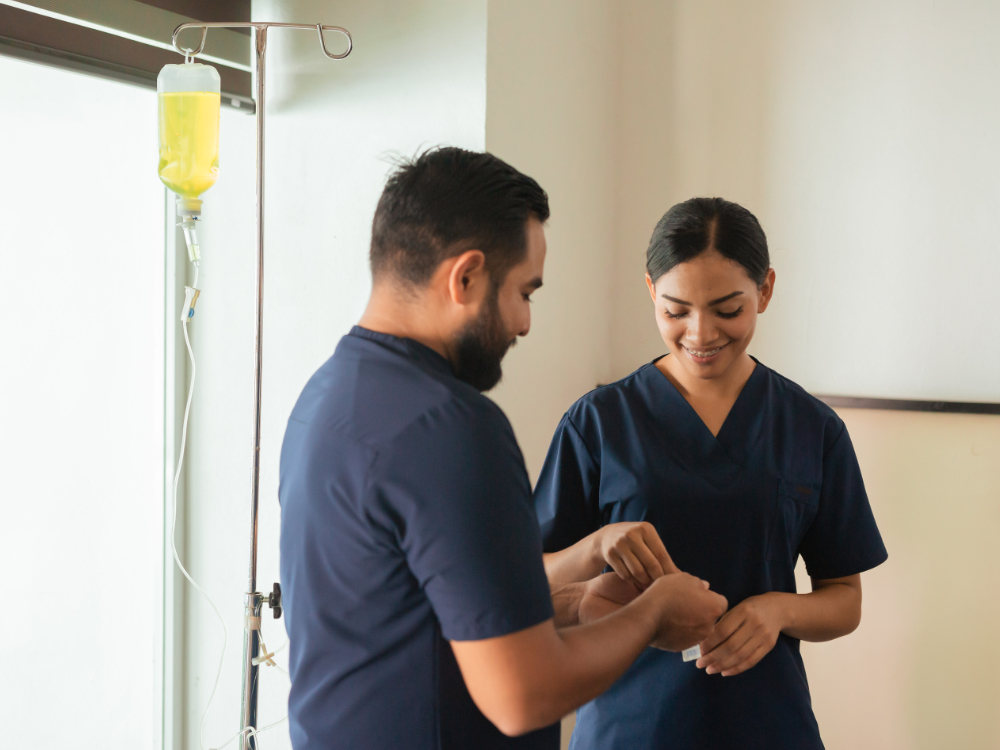
Anecdotal reports around ibogaine’s medical uses also indicate that it has promise as a treatment, but these reports are usually based on hearsay, observations, or historical accounts, as opposed to scientific research and trials. When we treat patients at our ibogaine treatment center, we have many questionnaires and forms clients complete before and after ibogaine treatment, and the benefits of ibogaine treatment for addiction and some mental health problems are undeniable.
No other clinic has such an in-depth investigative process on the effects of ibogaine. We are happy to share some of the psychological and medical questionnaires we use here:
PSY SCREEN
- Mental Status Examination
- MINI Mental State Examination- MMSE
- Hamilton Rating Scale for Depression – HAM-D
- Brief Psychiatric Rating Scale- BPRS
- M.I.N.I. Patient Screen
- Psychiatric Examinations – M.I.N.I. International Neuropsychiatry Interview
- Drug Dependency and Withdrawal Examinations
- Subjective Opiate Withdrawal Scale – SOWS
- Drug Dependency and Withdrawal Examinations
- Objective Opiate Withdrawal Scale – OOWS
- Drug Dependency and Withdrawal Examinations-Craving Checklist – CCL
- DASS 42
DTCQ-8 for Drugs/DTCQ-8forAlcohol
SOCRATES 8D
There are other major issues that may prevent ibogaine from therapeutic use, even if researchers establish its medical properties. The over exploitation of the Tabernanthe Iboga shrub is causing issues in supply. We must be mindful of the source of our products.
Did you know? We know that science is evolving day by day, however, there are currently only three ways that we know of to manufacture synthetic ibogaine. All of these involve numerous cumbersome steps and produce extremely low yields.
Ibogaine doesn’t get an easy time. Thesafety profile of ibogaine is also currently unacceptable for the mainstream. It is known that ibogaine tends to accumulate in fatty tissues and can block potassium channels, possibly causing heart problems. Furthermore, several people have died from the toxic properties of ibogaine. In addition, and also very important to note, ibogaine can also cause hallucinations that can sometimes be severe, and these can last longer than 24 hours. These facts are indeed undeniable, adverse events do happen, that is why we at Tabula Rasa Retreat are so stringent with our safety criteria. We cannot necessarily predict the outcome of an ibogaine treatment, but it is our responsibility to always consider patient safety.
CALL US AND FIND OUT IF OUR IBOGA TREATMENT CENTER IS RIGHT FOR YOU
Worldwide incl. USA T +351965751649 (call us direct, on WhatsApp, Telegram)
United Kingdom UK T+447961355530 (call us direct, on WhatsApp, Telegram)
or go to our Contact Us page
or APPLY NOW
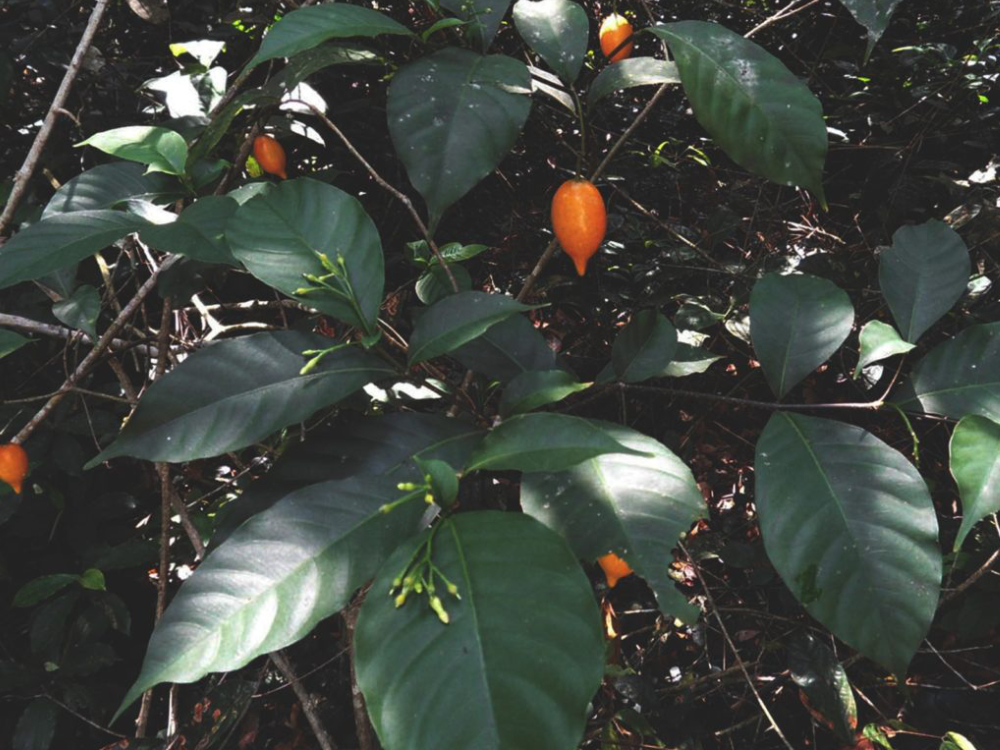

Successes
We are happy to report that researchers around the world continue to explore ibogaine’s potential medical and psychotherapeutic uses – in particular, its use as a treatment for addiction and neuro-psychiatric conditions. Thousands of studies have investigated the different properties of ibogaine, its potential uses, and its effectiveness. Currently, countries such as Brazil, South Africa, and New Zealand thankfully classify ibogaine as a pharmaceutical substance that only licensed medical professionals can prescribe and use. It is a pity that more countries are not open to these licensing models. Ibogaine treatment, administered by experienced medical practitioners, is as safe as it can be.
Further research suggests that ibogaine somehow changes addiction-related or promotion pathways between nerve cells in the brain. It may also affect the regions in the brain responsible for signaling, vital regions that play a significant role in the behavioral effects of addictive drugs and substances.
This wonderful molecule known as ibogaine may also activate the 5-HT2A serotonin receptor (HTR2A). Serotonin is a brain hormone that impacts your entire body. Brain cells and other cells communicate with each other via these channels. Serotonin helps improve mood, happiness, and feelings of well-being as well as helping with sleep, eating and digestion.
In a 2014 study in Brazil, researchers, some of which are friends and advisors to Tabula Rasa Retreat, recruited 75 participants who previously used cannabis, cocaine, crack cocaine, or alcohol. The participants who received one ibogaine treatment reported that they abstained from drug use and misuse for approximately 5.5 months on average. Those who received multiple ibogaine treatments abstained approximately for an average of 8.4 months.
This is super news. Some of our clients have been abstinent for over three and a half years! Aftercare is the key to success in recovery. Ibogaine treatment alone is not enough.
The Multidisciplinary Association for Psychedelic Studies (MAPS) also helped fund two observational studies in 2017 that supported the use of ibogaine as a treatment for addiction to drugs.
In the first of these studies, which took place in Mexico, ibogaine use improved symptoms of opioid withdrawal and reduced subsequent drug use in people who had found other treatment options ineffective.

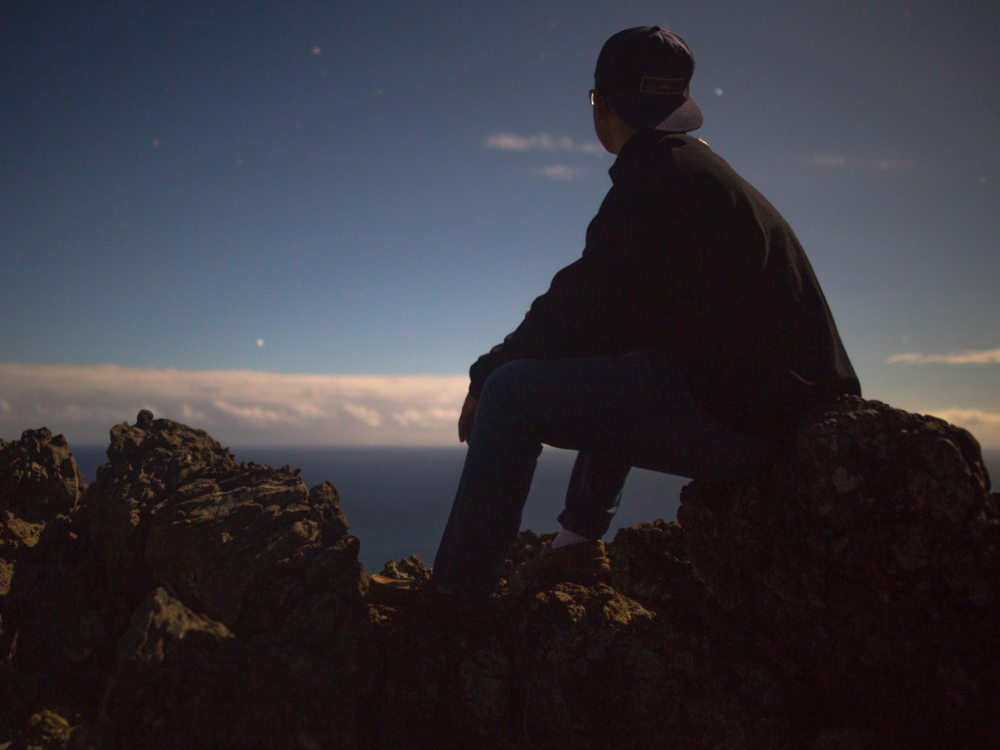
In the other research study, researchers in New Zealand were able to surmise and conclude that a single treatment with ibogaine reduced symptoms of opioid withdrawal in people dependent on opioids for an extended period of over 12 months. They also reported that ibogaine helped people to refrain from taking opioids or helped them maintain a safer and reduced use. It is very unfortunate, however, that one person involved in the study died during ibogaine treatment.
Some researchers are currently trying to modify psychedelic and other compounds such as ibogaine to make them ‘safer’ by reducing their ability to cause hallucinations.
Whilst this is great news for opioid dependent subjects, the psychoactive effects of ibogaine are a valuable component, in fact, we would argue that it is an essential part of the process. We don’t believe the incorrectly labelled ‘hallucinations’ are the dangerous part, the more dangerous part of the ibogaine treatment process is taking on ‘risky’ subjects and not monitoring them closely during treatment. Ibogaine doesn’t cause hallucinations per se but a remogenic, awakened dreamlike, state. This is why we focus on pre care, the set up before ibogaine treatment to help clients get the most out of the process. This is then followed up, after and beyond, ibogaine treatment. They all go hand in hand.
CALL US AND FIND OUT IF OUR IBOGAINE TREATMENT CENTRE IS RIGHT FOR YOU
Worldwide incl. USA T +351965751649 (call us direct, on WhatsApp, Telegram)
United Kingdom UK T+447961355530 (call us direct, on WhatsApp, Telegram)
or go to our Contact Us page
or APPLY NOW
Risks
You will find that we discuss the risks associated with ibogaine treatments in other areas of our website. The DEA classifies ibogaine as a Schedule I controlled substance.
According to this classification (and we quote), ibogaine:
- has no currently accepted medical use
- lacks evidence to show that it is safe for use under medical supervision
- has a high risk of abuse and addiction
- can be a dangerous substance
Furthermore, it must be noted that ibogaine can be toxic, has the potential to cause paralysis on rare occasions, can cause convulsions, and death from respiratory failure or heart failure.
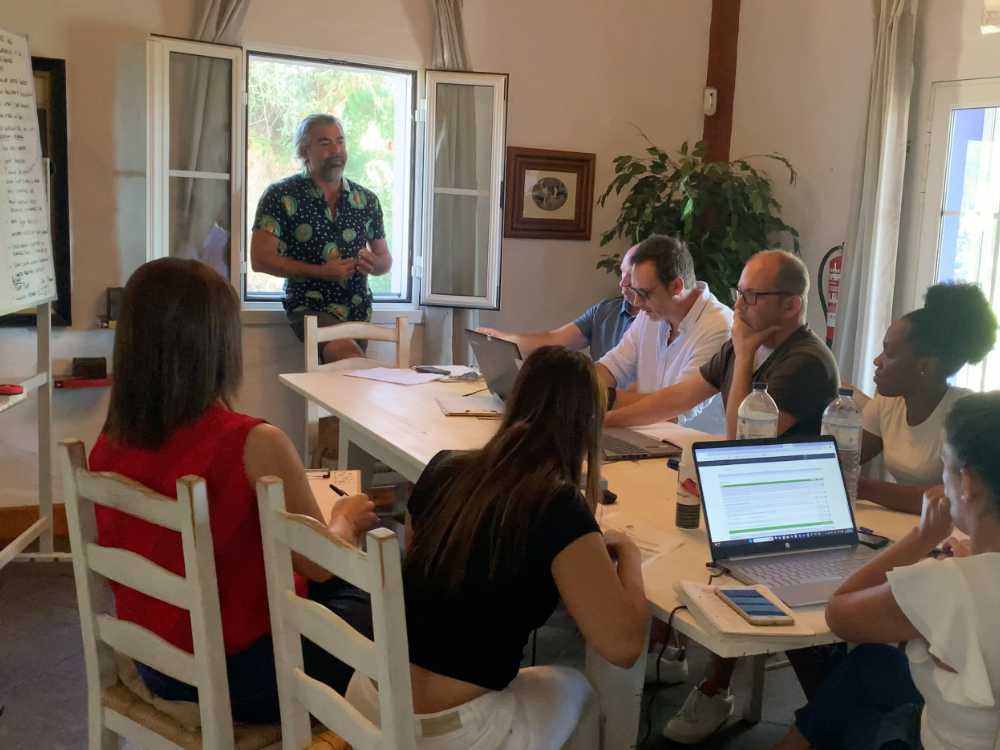

According to MAPS, 30 people have died due to ingesting ibogaine in peer-reviewed scientific works. However, the association claims that researchers and providers could have avoided most of these unfortunate deaths by taking preventive more stringent preventative steps, such as screening thoroughly for underlying medical conditions, monitoring electrolyte levels over a longer period of time, and monitoring cardiac health throughout the process.
This information is invaluable to the reader, awareness is key, choose a provider that will take all these ‘warnings’ into account. Ask us and a Tabula Rasa Retreat team member will tell you how we undertake our medically supported ibogaine treatments.
Other psychedelics to treat addiction
Open-label studies and anecdotal reports also support the use of psychedelic drugs for addiction treatment, including lysergic acid diethylamide (LSD) and psilocybin, which contains the active ingredient psilocin.
The psychiatric community has suggested a few other psychedelics as treatments for addiction, including:
- Ketamine (caution as it is known to be addictive)
- Ayahuasca
- Peyote (mescaline)
- Substituted N-benzyl phenylalkylamines
- N,N-dimethyltryptamine (DMT)
- Kratom
- 3,4-methylenedioxymethamphetamine (MDMA)
- Salvia
We ask you to please be careful of providers and ibogaine treatment clinics, retreatsand centers that offer poly-substances within days or weeks of ingesting ibogaine and undertaking ibogaine treatment. It doesn’t make sense to do Ibogaine treatment followed by Kambo, Ayahuasca, DMT, 5-MEO-DMT, Rape, Sanaga, Peyote etc… We say, slowly slowly, easy does it… We at Tabula Rasa Retreat believe that the ibogaine treatment needs time to mature, time to help you nurture and develop new healthy habits. By using other substances too early on, you risk the danger of cross-addicting or not doing the necessary recovery work.


Summary
Ibogaine continues to show promise in early and ongoing research, but the DEA has continued to classify it as an illegal, and dangerous substance in the USA. It is no surprise people travel to Portugal, Mexico and other places in Europe.
This classification is due to the fact that there is not enough large-scale clinical research to support the effectiveness (efficacy) or safety of ibogaine as a treatment modality and a modus operandi to confirm how to use it therapeutically.
Despite all this and the set-backs, ibogaine treatments are here to stay. Whilst clients yearn for something different, it is undeniable that ibogainedoes have a lot of potential, and researchers know this and will continue to study its therapeutic uses, with more and more studies emerging.
Please do not try ibogaine at home. It is dangerous and irresponsible.
We are happy help and answer any question re the Tabula Rasa Retreat ibogaine treatment programmes.
CALL US AND FIND OUT IF OUR IBOGAINE TREATMENT IS RIGHT FOR YOU
Worldwide incl. USA T +351965751649 (call us direct, on WhatsApp, Telegram)
United Kingdom UK T+447961355530 (call us direct, on WhatsApp, Telegram)
or go to our Contact Us page
or APPLY NOW
